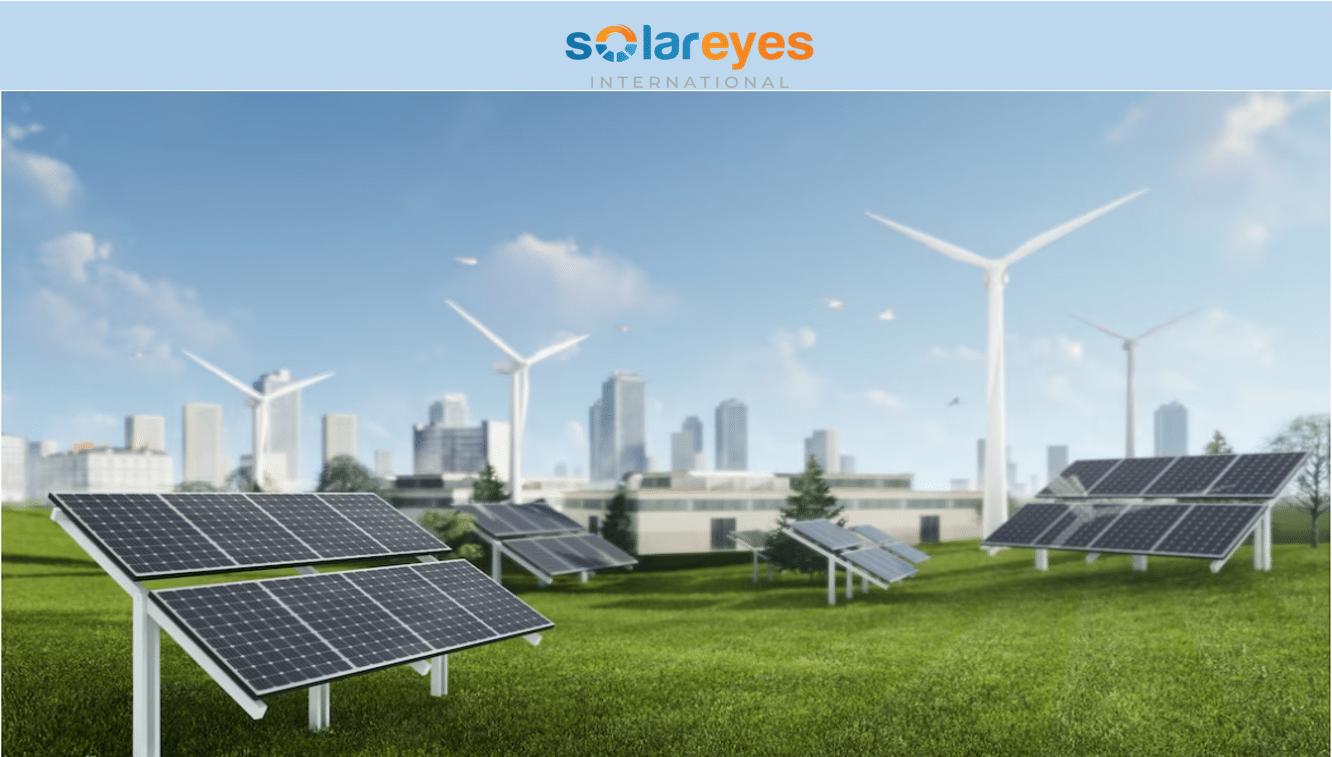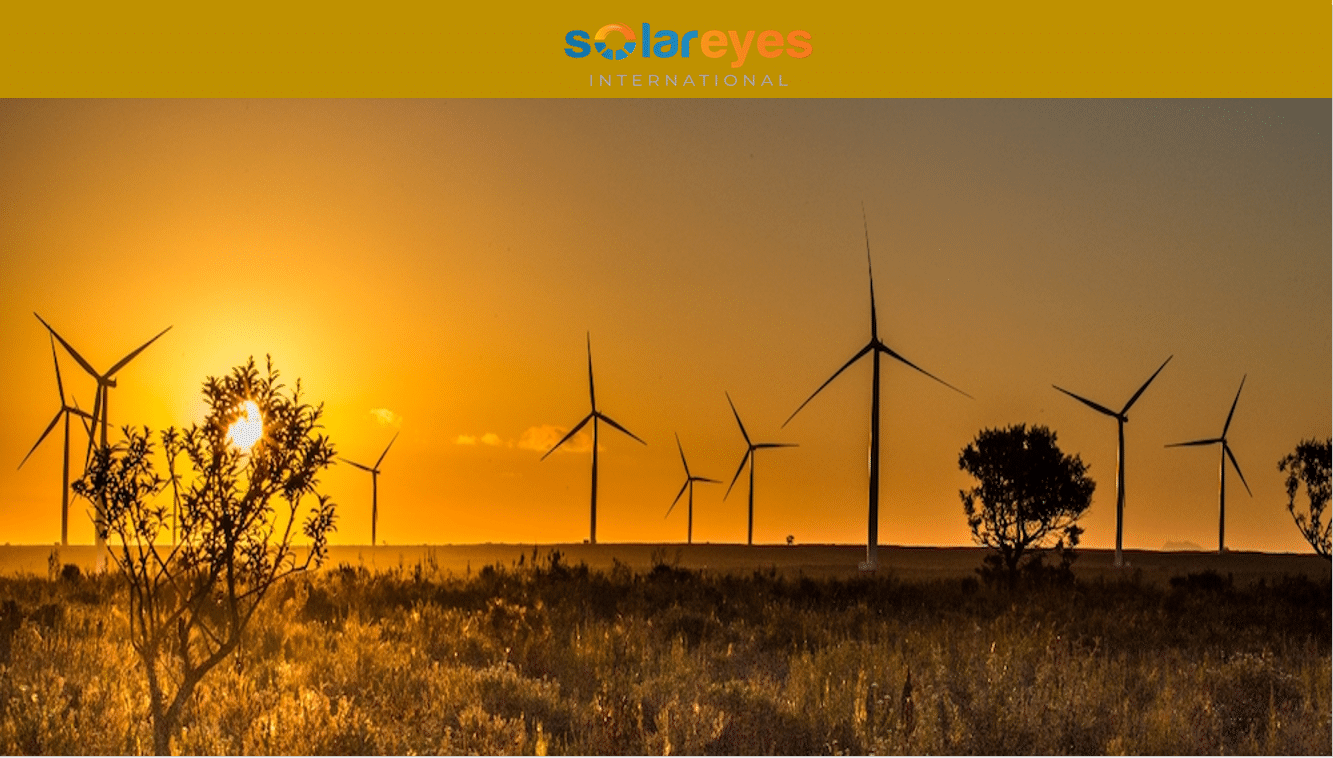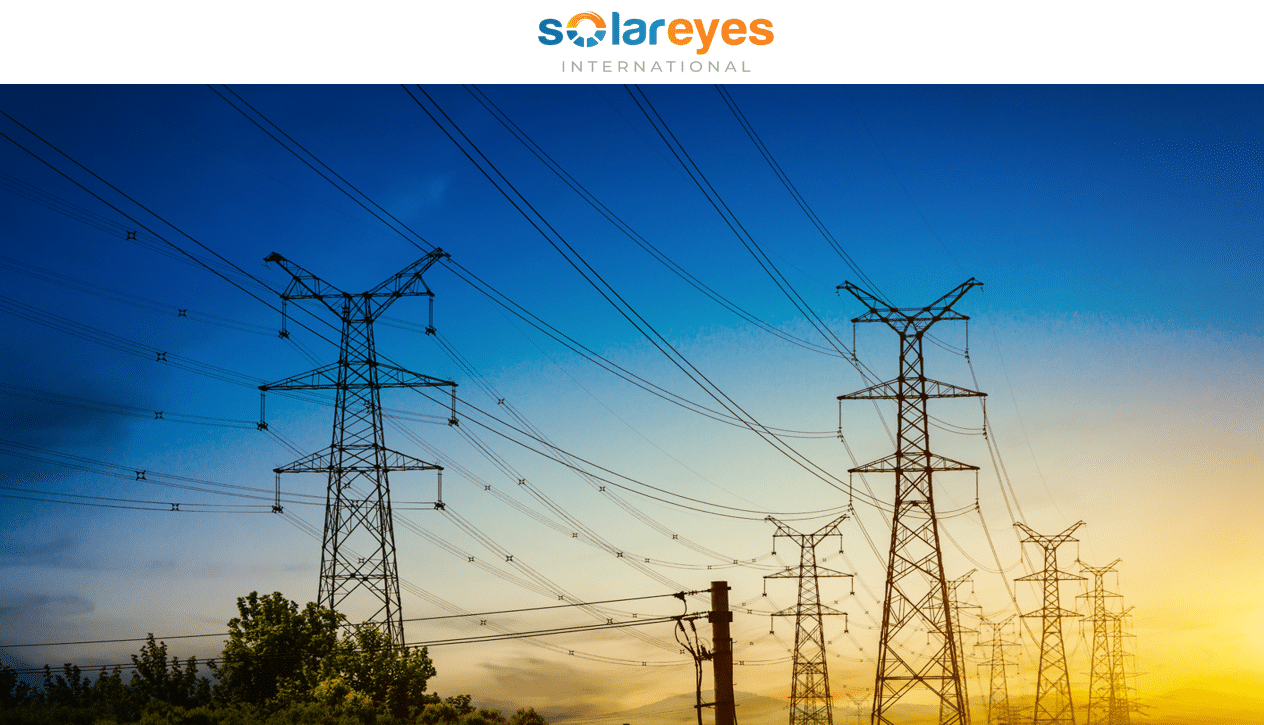Energy Issues in Africa – Green Jobs, Loss and Damage

Background: Energy Issues in Africa – Green Jobs, Loss and damage
The Global South has long been dependent on fossil fuels to meet its energy needs. However, the increasing impacts of climate change and the urgency to mitigate them have led to a growing recognition of the need to transition to renewable energy sources.
This transition, however, must be just and equitable, taking into account the needs and interests of all stakeholders, and ensuring that no one is left behind.
Opportunities for Solar Energy Development in Europe
In this article, we explore the importance of a just transition to renewable energy for the Global South, and the need to consider loss and damages in this transition.
Introduction
Africa is a continent that has been blessed with abundant natural resources, including fossil fuels, minerals, and renewable energy sources. Despite this, energy poverty is a significant problem in many African countries.
According to the International Energy Agency, over 600 million people in sub-Saharan Africa lack access to electricity, and the majority of those who have access rely on fossil fuels.
This article will outline the energy issues in Africa, starting from the basics of fossil fuels to renewable energy and ending with loss and damage. The article will also highlight the green job opportunities in Africa, with a focus on Côte d’Ivoire as a case study.
Fossil Fuels in Africa
Fossil fuels are the most commonly used source of energy in Africa, accounting for over 80% of the continent’s energy mix. Oil, gas, and coal are the primary fossil fuels used in Africa, with Nigeria, Algeria, and Egypt being the largest producers of oil and gas. South Africa is Africa’s largest coal producer and consumer, followed by Nigeria and Egypt.
Despite the abundance of fossil fuels in Africa, there are several challenges associated with their use. The first challenge is the high cost of importing refined petroleum products.
Many African countries lack the infrastructure to refine crude oil and must import refined products, which are expensive. This makes energy costs in Africa some of the highest in the world, which is a significant burden on households and businesses.
Y Combinator Startups on Clean Energy and Sustainability
The second challenge is the environmental impact of fossil fuel use. Fossil fuels are a significant contributor to greenhouse gas emissions, which are the primary cause of climate change.
The burning of fossil fuels also causes air pollution, which has adverse health effects on people. In addition, oil spills and gas leaks can have devastating ecological and economic consequences, as seen in the Niger Delta region of Nigeria.
Renewable Energy in Africa
Renewable energy sources, such as solar, wind, and hydropower, have the potential to transform Africa’s energy landscape. Africa has abundant renewable energy resources, with some estimates suggesting that the continent could generate over 10 terawatts of solar power and 1,000 gigawatts of wind power.
Several African countries have already begun to invest in renewable energy. South Africa has set a target of generating 18 gigawatts of renewable energy by 2030, and Morocco has built one of the world’s largest solar power plants.
In addition, several African countries, including Kenya and Ethiopia, have invested in geothermal energy, which is a reliable and cost-effective source of energy.
The objective of Côte d’Ivoire’s NDC is to increase renewable energy in the energy mix by 42%.
Today, private operators in Côte d’Ivoire are currently responsible for 70% of energy production and 100% of its distribution. The grid is expected to cover 99% of the population by 2035, and 42% of the energy produced will come from renewable sources.
The benefits of renewable energy are numerous. Renewable energy sources are clean and do not produce greenhouse gas emissions, making them a crucial tool in the fight against climate change.
Renewable energy is also becoming increasingly affordable, with the cost of solar and wind power decreasing rapidly. This means that renewable energy can provide energy access to people who currently lack it, particularly in rural areas.
Green Jobs in Africa
What are Green Jobs?
By definition, green jobs refer to work that contributes to improving the environment and promoting sustainability. These jobs involve making production processes more environmentally friendly, reducing waste and emissions, and conserving natural resources.
Green jobs can be found in various sectors such as energy, agriculture, ecodesign, and tourism. The United Nations Environment Programme defines green jobs as positions in agriculture, manufacturing, R&D, administrative, and service industries. The Bureau of Labor Statistics categorizes green jobs into areas such as water conservation, sustainable forestry, biofuels, geothermal energy, and environmental consulting.
Green Jobs in Africa
The transition to renewable energy in Africa presents significant opportunities for job creation. According to the International Renewable Energy Agency, the renewable energy sector employed over 11 million people worldwide in 2018, with the potential to create millions more jobs in the coming years.
Green jobs in Africa can be created across the renewable energy value chain, from manufacturing and installation to operation and maintenance. For example, in Côte d’Ivoire, the government has set a target of generating 42% of its electricity from renewable sources by 2030. This target will create significant job opportunities in the solar and wind power sectors, as well as in the manufacturing and installation of renewable energy equipment.
In addition to job creation, renewable energy can also provide opportunities for entrepreneurship and innovation. For example, in Kenya, M-Kopa Solar provides affordable solar power to households through a pay-as-you-go model. This innovative business model has created thousands of jobs and has helped to provide energy access to millions of people.
Loss and Damage in Africa
Despite the potential benefits of renewable energy, there are several challenges associated with its deployment. The first challenge is the high upfront cost of renewable energy equipment, which can be a significant barrier to adoption, particularly for low-income households.
Governments and international organizations can help to overcome this barrier by providing financing and investment support for renewable energy projects.
The second challenge is the intermittency of renewable energy sources, particularly solar and wind power. This can make it difficult to provide reliable and consistent energy access, particularly in areas with high energy demand. However, advances in energy storage technology, such as batteries, are helping to overcome this challenge.
Conclusion
Energy issues in Africa are complex and multifaceted, with challenges and opportunities across the energy value chain. Fossil fuels remain the primary source of energy in Africa, but renewable energy sources have the potential to transform the continent’s energy landscape.
Renewable energy can provide clean and affordable energy access to millions of people while creating significant job opportunities.
However, there are challenges associated with the deployment of renewable energy, including the high upfront cost and intermittency of some renewable energy sources. Governments & international organizations and CSO (Civil Society Organizations) must work together to overcome these challenges and support the transition to a low-carbon, sustainable energy future in Africa.
**************************************************************************
This article was written by TRAORE CHEICK LADJI who is a SolarEyes Contributor. More information about SolarEyes Contributors can be found on this link: https://solareyesinternational.com/solareyes-international-contributors/
**************************************************************************
FOLLOW US ON OUR CHANNELS
Follow us on LINKEDIN, FACEBOOK, TELEGRAM GROUP and WHATSAPP.
*** ALSO CHECK: ABBREVIATIONS IN THE SOLAR ENERGY SECTOR
HOW TO SIZE A SOLAR SYSTEM – 5 clear steps anyone can follow
All You Need to Know About Australia’s Solar Sector





